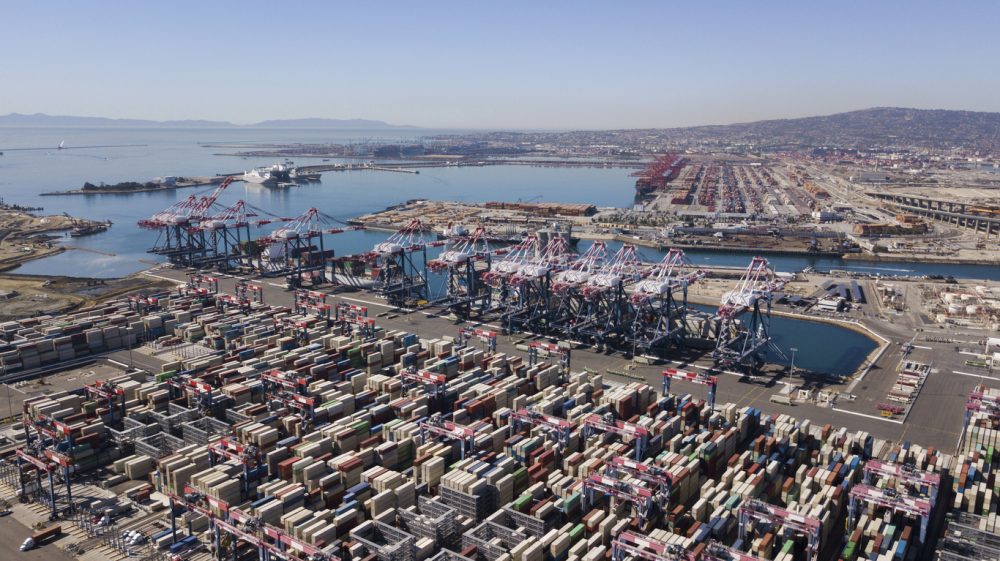At the moment, West Coast ports are at a standstill with dockworkers walking off-site during key port hours. CNN reports that these stoppages are a result of failed labor negotiations that have been taking place between the International Longshoremen and Warehouse Union (ILWU), which represents 22,000 workers spanning 29 different ports and the Pacific Maritime Association since May of 2022.
According to the Pacific Maritime Association, “Over the weekend and continuing [on Monday], the ILWU has continued to stage concerted and disruptive work actions that have slowed operations at key marine terminals at the Ports of Los Angeles and Long Beach and elsewhere on the West Coast, including the Ports of Oakland and Seattle.”
So, what does this standstill mean for retail logistics? According to a statement from the PMA, which must be taken with a grain of salt, “retailers, manufacturers and other shippers [are beginning] to ship cargo away from the West Coast in favor of ports on the Atlantic and Gulf coasts” which could -in the long run- damage the West Coast shipping economy.
The Long Beach ports are just the start of labor disputes on the West Coast. UPS workers are currently in negotiations for more equal pay and working conditions, and a standstill could devastate e-commerce. Pitney Bows, a global shipping and logistics firm tells Regionlive News, “UPS accounts for a quarter of all US parcel volume with 24 million packages shipped daily.
Like dockworkers, postal workers are striking on the grounds that UPS workers worked through the pandemic and in doing so, helped to raise revenue two to three times what it was before the Pandemic. In the negotiations, UPS workers are fighting to receive a portion of these additional profits.
According to the labor union Teamsters, which represent the postal workers, this will not end with UPS or dockworkers. In fact, “Teamsters are attempting to organize Amazon workers and dozens of company delivery drivers and dispatchers in California joined the union.”
The National Retail Federation has been asking the Biden Administration to intervene, and although the administration has done nothing but monitor so far, the U.S. Supreme Court has taken action to protect businesses. Reuters reports that the majority ruling will make labor unions more susceptible to lawsuits from businesses and corporations. Essentially, Harvard Law School Professor of Labor and Industry Benjamin Sachs says if the lower courts uphold the ruling perfectly, “it won’t do much damage to the right to strike”















